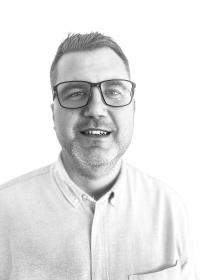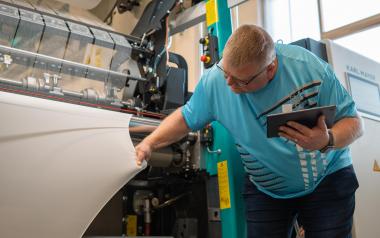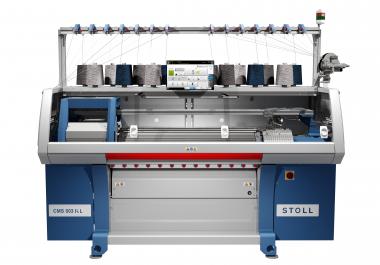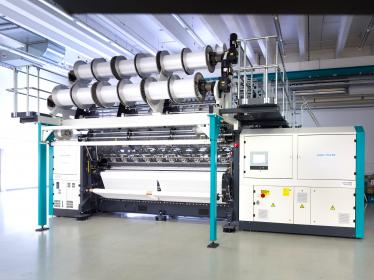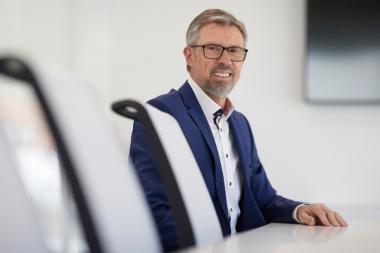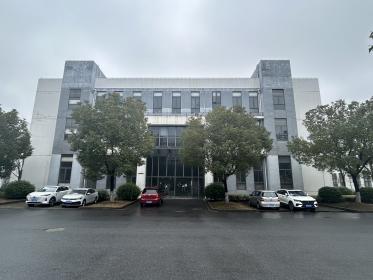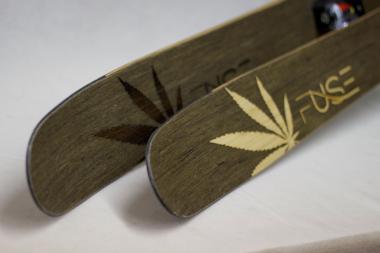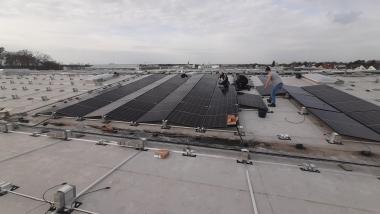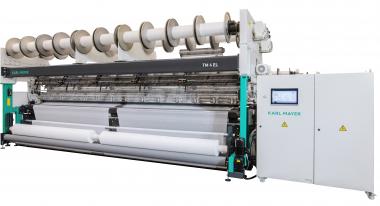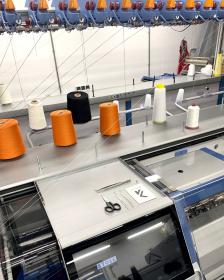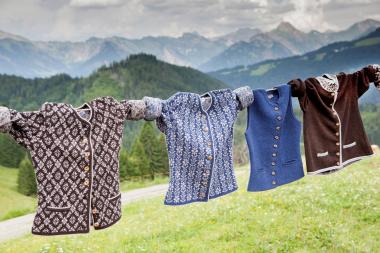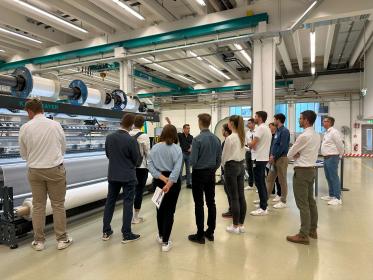KARL MAYER GROUP: New General Manager at Romanian subsidiary
The KARL MAYER GROUP founds a production company in Romania and hires Patrick Mack as an additional General Manager.
In October 2023, the KARL MAYER GROUP founded a production company in Romania to make itself more resilient and strengthen its competitiveness. KARL MAYER ROMANIA S.R.L. will initially start production in Baia Mare, which were rented in February 2024. A move to a new factory building in the neighbourhood is planned in the future.
In May of this year, Patrick Mack took up his position as General Manager at the Romanian subsidiary of KARL MAYER. He will be supported in his tasks by Manfred Reinhold, also at the head of KARL MAYER ROMANIA. Patrick Mack will manage the business locally.
The German-American has already set up a factory for a foreign company in Romania and has a clear idea of his new role: "KARL MAYER ROMANIA is of extreme strategic importance. That is why I want to build a site that fits seamlessly into the manufacturing footprint of the KARL MAYER GROUP. The new production facility should fulfil all KARL MAYER standards, contribute to the improvement of the company as a whole and represent it accordingly," explains Patrick Mack.
KARL MAYER Verwaltungsgesellschaft AG


